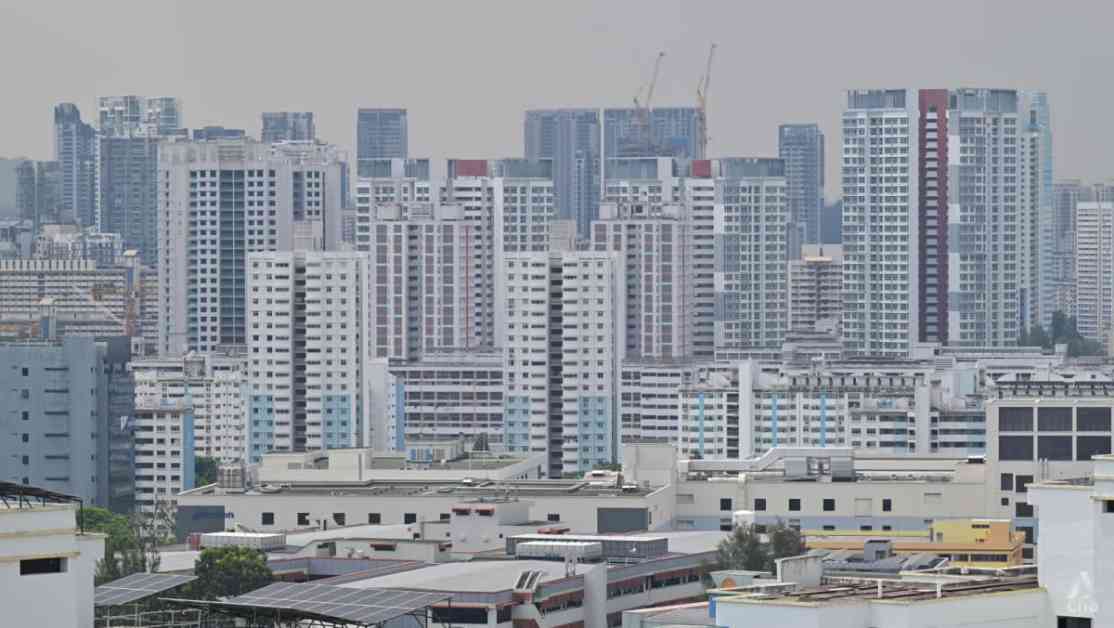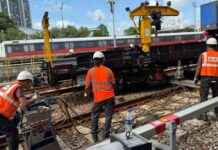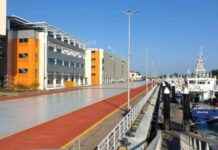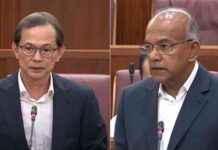Government’s Stance on Property Cooling Measures: Willingness to Implement More, but Waiting for Current Ones to Take Effect
In a recent media interview, Minister for National Development Desmond Lee addressed the pressing issue of rising property resale prices in Singapore. As the market continues to heat up, the government’s stance on implementing more cooling measures has been a topic of discussion.
Global Uncertainties and Economic Considerations
Mr. Lee highlighted the uncertainties posed by the global economic environment, including trade restrictions, elevated interest rates, and a challenging geopolitical landscape. He emphasized the importance of not overcorrecting with tough demand-side measures, as this could potentially lead to a sharper market downturn than anticipated.
Current Cooling Measures and Market Impact
Singapore has introduced several cooling measures since December 2021, with the most recent one tightening the maximum loan that home buyers can take from the Housing Board. This adjustment aimed to dampen demand at the higher end of the public housing resale market, affecting one in 10 buyers.
Another significant measure implemented in September 2022 is the 15-month wait-out period for private property owners before they can purchase a non-subsidized HDB flat. This rule has already shown results, reducing the proportion of private property owners buying high-priced resale flats by more than half.
Supply and Demand-Side Measures
As part of its efforts to address market pressures, the government is increasing housing supply by delivering 100,000 Build-to-Order (BTO) flats between 2021 and 2025. Private housing supply is also being ramped up, with 8,505 private homes set to be available in the first half of 2025 under the Government Land Sales program.
Mr. Lee emphasized the importance of letting the current supply and demand-side measures work through the market. He reiterated the government’s willingness to introduce new measures if necessary to prevent a property bubble, whether in the private or public housing sector.
In conclusion, despite these measures, HDB resale prices continue to rise, with the resale price index growing by 9.6% in 2024. Mr. Lee attributed this partly to temporary supply constraints and “sentiment-driven psychology” in the market, influenced by reports of million-dollar flats.
The government is taking steps to enhance transparency and support first-time and lower-income buyers through initiatives like the Enhanced CPF Housing Grant. As Mr. Lee emphasized, it is crucial to put in place measures to ensure affordability and stability in the housing market.


























